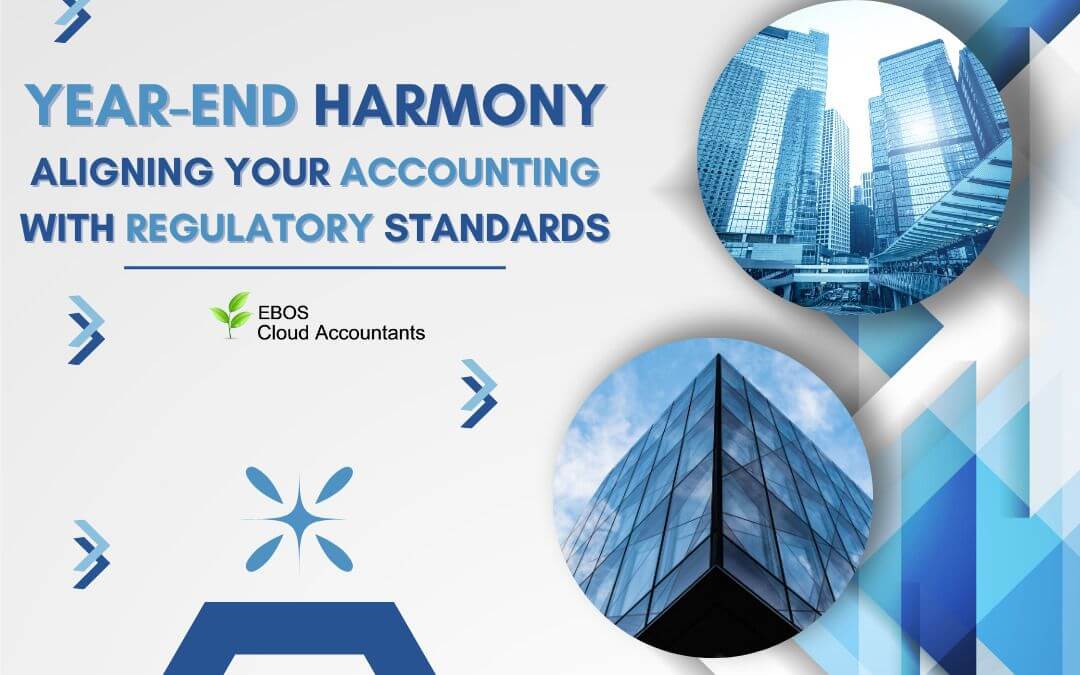Businesses would be on their own without a common set of accounting standards to demonstrate to investors or shareholders that they are appropriately reporting costs, revenue or losses. These standards, known as generally accepted accounting principles (GAAP), outline the procedures that accountants must follow in order to avoid auditing or penalties from government organizations.
As the year ends, accountants and financial specialist compile year-end accounts, financial reports and statements as they prepare to shut the books for the year. This is a tough process that necessitates a high degree of concentration, precision, and a large expenditure of time and work.
In this post, we will explore and create a checklist for correctly closing your accounting books in accordance with regulatory standards.
Defining Year-end Accounting
Year-end accounting, also known as year-end close, refers to the period near the end of a company’s fiscal year when all financial transactions are completed,
financial statements are prepared, and financial accounts are reconciled before the fiscal year ends.
Businesses must identify any necessary adjustments, analyze financial accounts, and prepare for audits, which can be a time-consuming and difficult process. Overall, the year-end closure process necessitates meticulous planning, organization, and commitment to ensure that everything is done correctly and on schedule.
Year-end Checklist for Accounting
Our end-of-year accounting checklist includes a thorough list of activities firms should take to reduce the stress and uncertainty associated with this process.
Businesses may guarantee that they are completely prepared for the year-end close and that their financial records are correct and up to date by following these measures.
Year-end Checklist for Accounting
Our end-of-year accounting checklist includes a thorough list of activities that firms should take to reduce the stress and uncertainty associated with this process.
By following these measures, businesses can ensure that they are completely prepared for the year-end close and that their financial records are accurate and up to date.
1. Set a Closing Schedule– Create a defined timeline for critical dates and activities, such as data processing, reporting, and the fiscal close date.
Plan ahead of time and set reminders for impending tasks to stay on track.
2. Collect All Outstanding Invoices & Receipts– Collect all the invoices and receipts needed to close the books.
Inform employees of the requirements and give them enough time to submit documentation. Expect delays and send reminders to ensure nothing slips between the cracks.
3. Reconcile All Transactions- Identify and correct any discrepancies or errors, and make sure to properly classify all items in your accounting system.
Confirm that all recorded transactions are consistent with credit card statements, bank statements, invoices, and receipts. Pay attention to the smallest details to ensure that you are audit-ready at the end of the fiscal year.
4. Accrue Accounts Payable and Receivable- Record any outstanding receivables as income statement credits and balance sheet debits.
Track all your company debts to properly manage your finances by following the phases of the account’s payable process. On the balance sheet, record any unpaid debts as liabilities or accrued payables.
In Summary
Financial accounting at the end of the fiscal year is a vital procedure that serves as the foundation for financial reporting, decision-making, compliance, and stakeholder engagement. It enables firms to assess their financial performance, address issues, and prepare for the future.
With the assistance of our experienced accounting associates, EBOS can provide you with precise accounting transactions to assist you with your accounting year end operation.
Please do not hesitate to contact us immediately to learn more about EBOS cloud accountant services.








I do not even understand how I stopped up here, however I assumed this post used to be great. I do not realize who you might be but certainly you’re going to a famous blogger should you are not already 😉 Cheers!
Thank you for your kind words. Will keep posting more blogs!